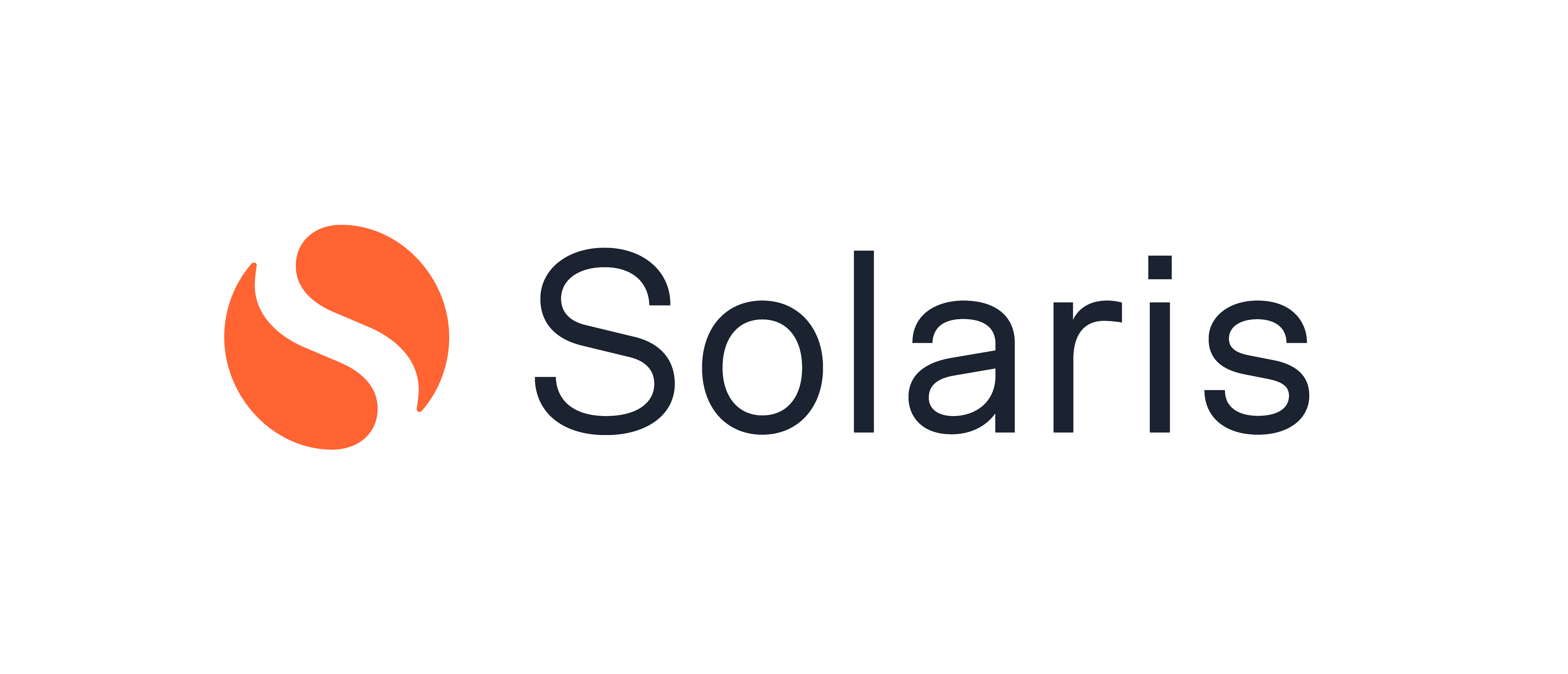German embedded finance platform Solaris has raised €96 million in a Series F funding round.
The FinTech said that it would use the new investment to onboard a credit card programme for ADAC (Allgemeiner Deutscher Automobil-Club) – which describes itself as Europe’s largest automobile association – as well as strengthen its core capital and the resilience of its platform.
In September 2022, Solaris secured a long-term agreement to become ADAC's co-branding credit card partner, with plans to issue more than 1.2 million credit cards.
Solaris boss Carsten Höltkemeyer described the funding round as a “significant milestone” on the company’s path to sustainable and profitable growth.
The investment is in line with the business' five-year strategy, which includes achieving profitable growth and focussing on scalable products like cards, accounts, and lending.
“The funding underlines the high level of confidence our investors have in the transformation of our company,” continued the chief executive. “2024 heralds a bright new chapter for Solaris and we are committed to delivering on our business priorities, enhancing the product offering for our partners and making regulatory compliance our USP.”
The FinTech's latest funding round was led by SBI Group, one of the company's early strategic investors.
In July 2023, Solaris closed its first round of Series F funding at €38 million, also led by existing investors, with the funds being used to strengthen governance and compliance and "navigate the challenging market environment."
Latest News
-
UK scientists get priority access to advanced AI through Google DeepMind lab
-
Uber Eats rolls out robot couriers in Leeds
-
M&S deploys AI-driven tech to improve product search
-
Starling Bank rolls out tool to help couples understand 'money languages'
-
UK government launches £11m fund to help vulnerable people get online
-
Amazon to invest $35bn in India to boost AI innovation
The future-ready CFO: Driving strategic growth and innovation
This National Technology News webinar sponsored by Sage will explore how CFOs can leverage their unique blend of financial acumen, technological savvy, and strategic mindset to foster cross-functional collaboration and shape overall company direction. Attendees will gain insights into breaking down operational silos, aligning goals across departments like IT, operations, HR, and marketing, and utilising technology to enable real-time data sharing and visibility.
The corporate roadmap to payment excellence: Keeping pace with emerging trends to maximise growth opportunities
In today's rapidly evolving finance and accounting landscape, one of the biggest challenges organisations face is attracting and retaining top talent. As automation and AI revolutionise the profession, finance teams require new skillsets centred on analysis, collaboration, and strategic thinking to drive sustainable competitive advantage.
© 2019 Perspective Publishing Privacy & Cookies











Recent Stories